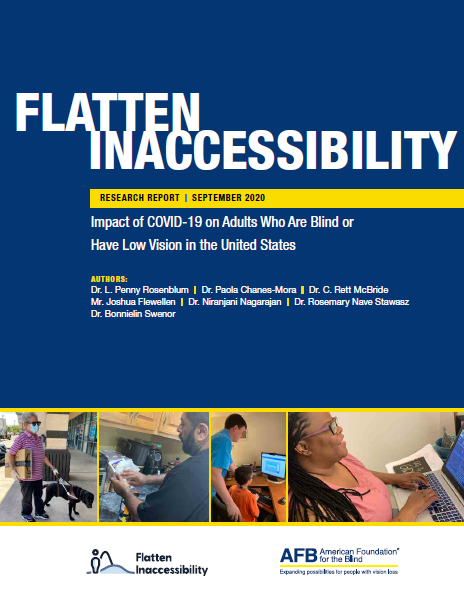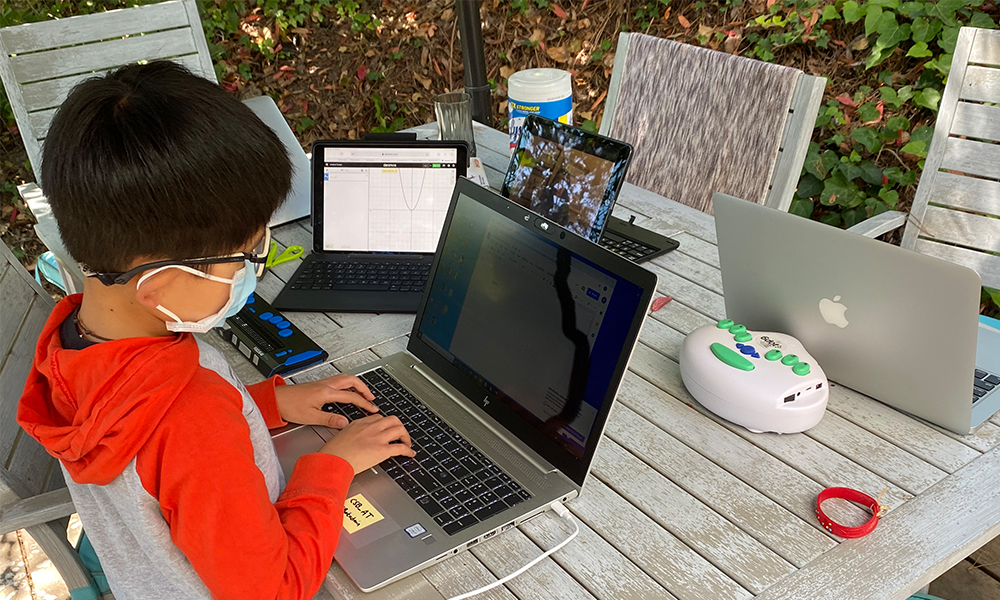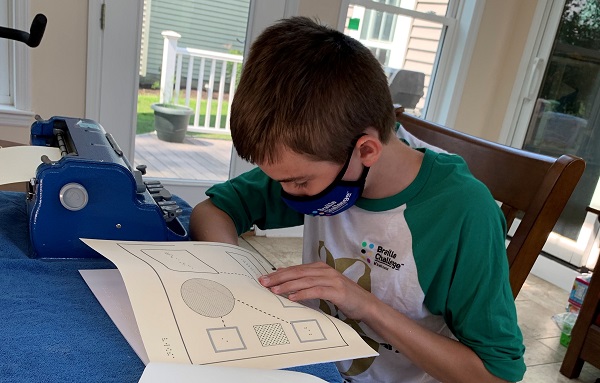After a marathon week of negotiating, Congress has wrapped up final deliberations and voted to pass a COVID-19 relief package for individuals, businesses, and local governments, which are continuing to deal with the coronavirus pandemic. On hold since May, when the House of Representatives passed the Heroes Act, Congress finally agreed to provide about $900 billion in aid as part of a massive 5,600-page year-end omnibus appropriations bill. That means the bill will fund both coronavirus relief and the federal government’s regular budget cycle, which began on October 1, 2020.
AFB staff and AccessWorld contributors are pulling together resources to provide support to our readers during the coronavirus disease (COVID-19) outbreak. These posts will address topics such as online learning for students and adults, accessible medical devices, accessible work-from-home solutions, accessible social gaming, staying connected with others digitally, keeping technology and workspaces sanitary, home fitness resources, and more.
As the Director of Research at AFB, I spend 8-10 hours a day in front of a computer screen five days a week and often 10+ hours over the weekend. As someone with low vision, all that screen time is tough, especially when I have a visually demanding task or have to learn a new program. The latest one for me is Trello, a tool AFB is now using to track projects. Where exactly is the button I need to start a new project? It took me a lot longer to find it than my sighted colleagues. Frustrating!
We know that families of blind and low vision children are still facing major challenges as the ongoing COVID-19 pandemic has forced many schools to move to online education.
Thank you so much to everyone who was able to join the first AFB Town Hall on the impact of COVID-19 on access to healthcare, transportation, and voting for Americans who are blind or have low vision. A complete archive will be available soon, for anyone who missed the live conversation. As promised, here are some of the resources shared by the presenter and attendees:
NPR, October 21, 2020: Supreme Court Blocks Curbside Voting In Alabama, An Option During Pandemic
One of the quotes that really stuck out from AFB’s Flattening Inaccessibility survey was a story about curbside voting.
In this special edition of AFB's Inform & Connect podcast, Dr. L. Penny Rosenblum discussed the Flatten Inaccessibility research report, the culmination of survey findings from 1,921 U.S. participants who are blind (65%) or have low vision (35%).
The Flatten Inaccessibility report examined the impact of COVID-19 on 1,921 adults with visual impairments and the Access and Engagement survey examined the impact of COVID-19 on the education of 455 children and 1,028 teachers of students with visual impairments and orientation and mobility specialists.



